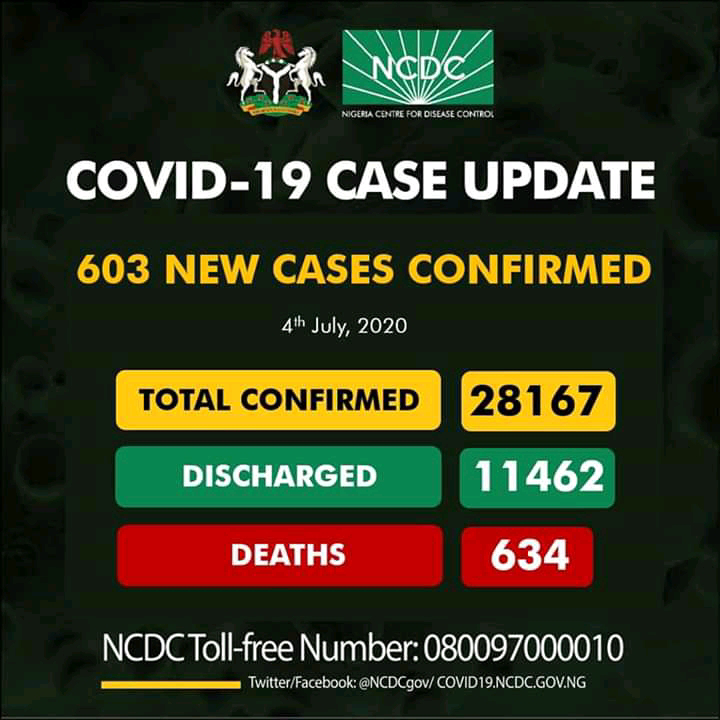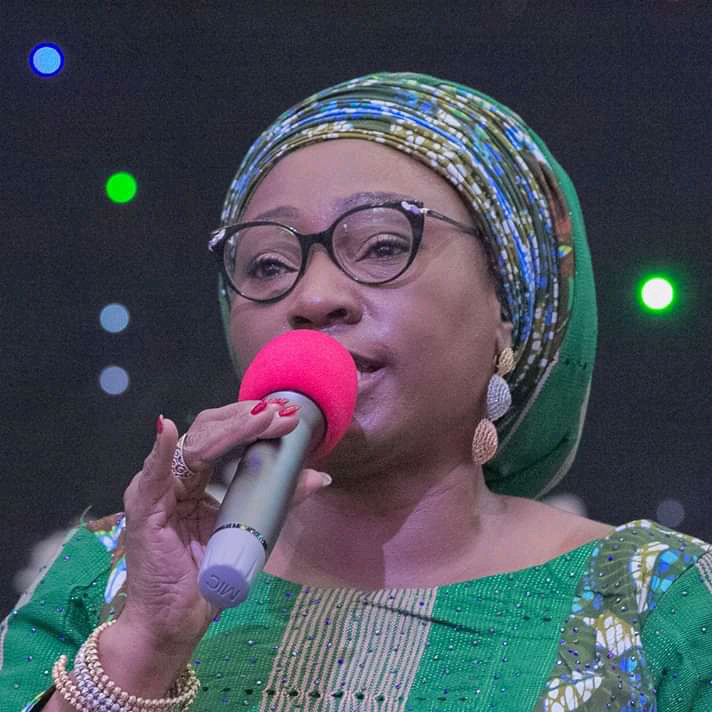There was a report some days ago about a group of women in a rural community in Akwa Ibom State who were rounded up and burnt on allegations of witchcraft. In the year 2020. While we wait for the police and government to confirm or refute the news, here is an abridged article I wrote about Witchcraft a few years ago. The more things change the more they remain the same.
We all grew up hearing about ‘witches’. Even though no one around us had ever seen one for sure, we were all fed tales about how witches are dangerous, female creatures who afflict people with incurable ailments, offer up their own children to be eaten, strike down successful young people and make women barren. These witches could be anybody. They could be the cantankerous old woman selling provisions near your house who always snarls at you when you go to make a purchase. She could be a family member who always laughs, smiles and prays for you but wishes you evil. She could also be a co-wife who is the readymade suspect should any calamity befall other wives in the household.
From the way we understood it, witches could be young or old, male or female (but predominantly female), with the powers to leave their bodies at night to attend meetings, or inhabit animals such as birds or cats to carry out their nefarious activities.
Belief in witchcraft is as old as civilization itself, featuring in all cultures around the world. During the years of the Catholic inquisition which swept Europe for up to four centuries, thousands of women were burnt at the stake on accusations of witchcraft. The persecution of witches seemed to end with the emergence of industrialization and respect for science.
In many African communities, a firm belief in witchcraft is still in place, with the themes virtually the same – witches are responsible for all evil in the community, they prey on the young and innocent and they block people’s fortunes. I have argued over the years, that beliefs in witchcraft in many African communities are linked to the need to control women’s agency. Due to the significant role women played in the economic, political, social and cultural lives of their communities, they obviously rubbed patriarchal powers the wrong way, and accusations of witchcraft were a good way to silence or delegitimize them.
With these beliefs about so-called witches comes a clear persecution agenda. Anyone who is suspected of being a witch or who ‘confesses’ to being one faces the harshest of punishments, ranging from beatings and torture, to banishment and even death. These punishments are often meted out or sanctioned by religious and traditional rulers. As a result the lives of thousands of women are put at risk across Africa every day.
Majority of witches are old, poor women, or widows, some mentally ill, with either no one to speak up for them or offspring who have been brainwashed into believing their guilt. Recently, there was the report of a young man in Nigeria who killed his mother by throwing her into a well. He claimed that she was responsible for all his misfortunes.
In Ghana, the practice of banishing poor, old women or widows suspected to be witches led to the establishment of witch camps in communities across Northern Ghana. One of the oldest, the Gambaga Witches Camp, was established in the 18th century, as a safe haven for witches fleeing persecution. In return for shelter, they worked on the Chiefs’ farms. These camps still exist, and the Gambaga Witches Camp is one of the projects we supported at the African Women’s Development Fund for a number of years.
We also funded an interesting documentary on this phenomenon called The Witches of Gambaga, produced by Yaba Badoe, a Ghanaian-British filmmaker. The Ghanaian government has tried to shut down these camps, running sensitisation programs in communities to try and wean them off their belief in witchcraft but their efforts have not been successful. The reverse has been the case – the camps keep filling up either because more women are being chased out of their communities or simply because being poor and alone, there is nowhere else for them to go.
Many factors fuel our irrational belief in witchcraft. Superstitious beliefs is a major factor, deeply embedded in our cultural DNA, and passed on from generation to generation with fantastic tales of the activities of witches. Fraught family and community relations is another, with the familiar themes of the rural-urban divide, the well to do relatives in the cities are envied by the poorer relatives in the villages who seek to do them harm.
It is never the other way round. Another reason is the toxic combination of poverty and ignorance. A key factor is the religious leaders and their actions and utterances. It is alright for religions to wage war against forces of evil, however they might be defined. But when, in the name of religion, innocent children and women are named as witches harming their family members, this is criminal.
We are all familiar with how, due to the antics of a prominent female preacher in Akwa Ibom State, Nigeria, thousands of children became labelled as witches. These children were beaten, tortured and starved, with most of them abandoned by their families. Left alone in the world, these children roam the streets as starving scavengers, without access to education, and vulnerable to all kinds of vices which will make them unproductive citizens for another generation. I don’t understand how charges of child abuse and incitement have not been brought against this awful woman.
A Danish woman, Anja Loven, who lives in Akwa Ibom State, saved a young boy she named ‘Hope , who had been left to die by his family. The photographs of the little boy were dreadful to see, with Anja cradling his emaciated body to feed him. Is this what we have been reduced to in this day and age?
Witch-hunting is a very lucrative industry. Preachers and pastors make a fortune out of people who need deliverance from spells cast on them by witches, and popular culture, especially the film industry, sees a lot of success with films which feature witchcraft stories. Themes of witchcraft is one of the things that has given Nollywood the competitive edge it has enjoyed across Africa and the Diaspora, because the stories are ‘relatable’ – everyone has a witch in their community.
The persecution of children and women in the name of witchcraft has to stop. We cannot be a society of deeply religious people who pray in so many Mosques and have a Church on almost every street, yet we prey on the vulnerable in our midst. Where is our compassion? Is it a crime to be a child, poor, alone, old or widowed? Why do we always need a scapegoat for our misfortunes?
Do we have forces of evil in our midst? Yes we do. These are the forces who steal, loot, kill, swindle, maim, rob, rape and kidnap. There is nothing supernatural about them. They are criminal, greedy, evil people who want to reap where they did not sow. They abound all around us. When they are apprehended, they should be handed over to law enforcement agencies and not subjected to mob action. Their actions will be investigated, and hopefully, they will be held to account.
Pouncing on an old woman and claiming that she had just fallen from a roof and changed from a bird into a human being has no place in a civilized society. Casting little children out as witches is an act of lunacy. The next time you hear about a witch, ask yourself, ‘Is this verifiable?’, ‘What would I do if my mother was called a witch’? If you have a Pastor who points out people in your family to you as witches, you need another place of worship.
The rest of the world is making great advances in science, technology and innovations. And here we are, wallowing in ignorance, terrorizing helpless children and old women. Superstition probably still has its place, but on the whole, it is generally incompatible with progressive thinking. It is a tool that is manipulated by unethical people for reasons of power, control and money. We do live in a world where there are people who are angry with us, jealous of our success and rejoice at any misfortune that might befall us. All we can do is keep faith and leave them to God. Forward ever backwards never.
Bisi Adeleye-Fayemi is a Gender Specialist, Social Entrepreneur and Writer. She is the Founder of Abovewhispers.com, an online community for women. She is the First Lady of Ekiti State, and she can be reached at BAF@abovewhispers.com







